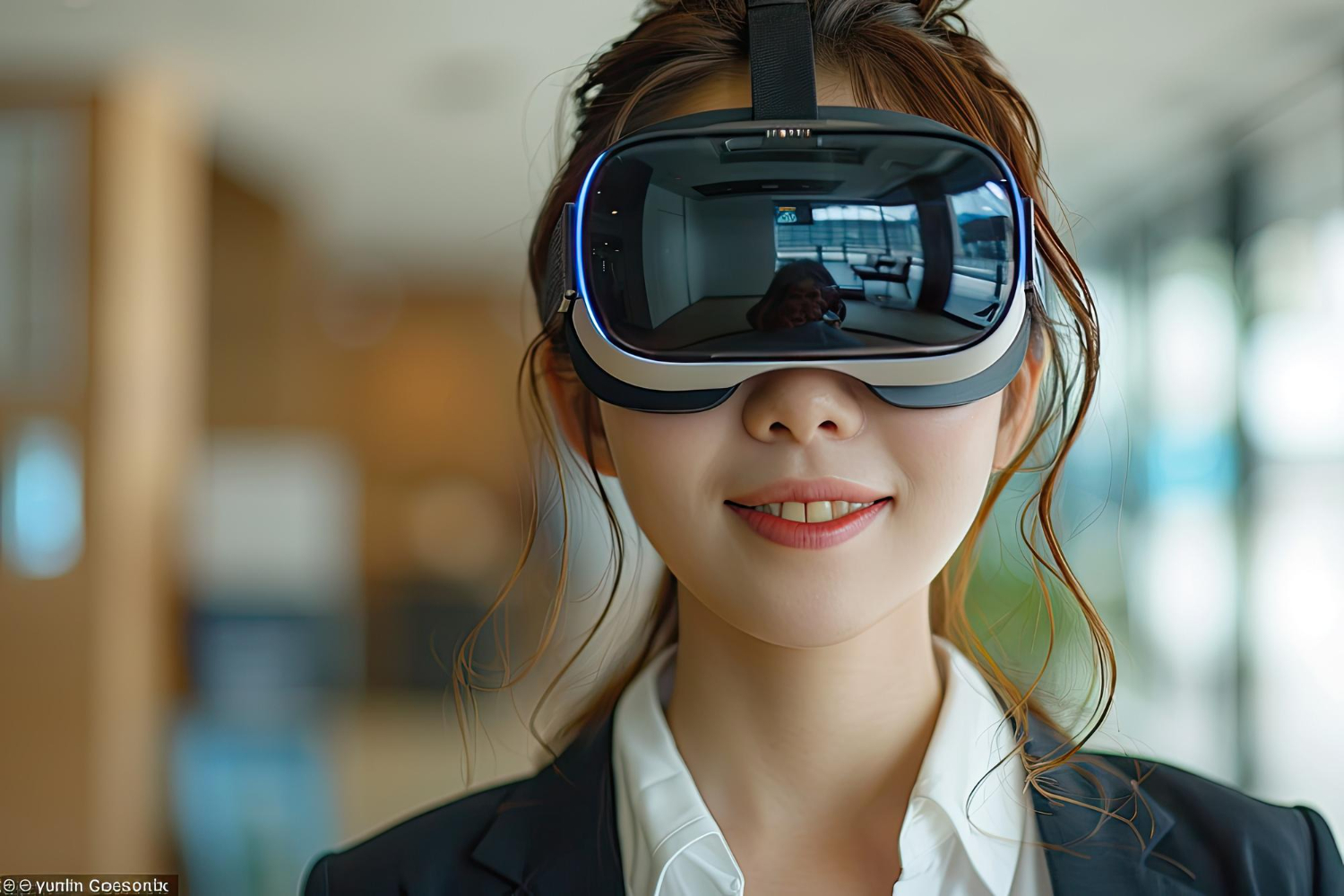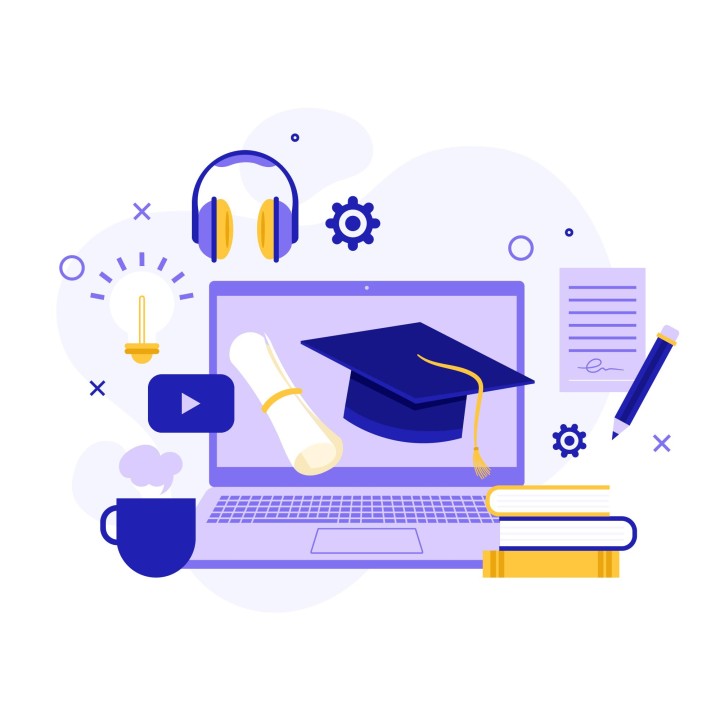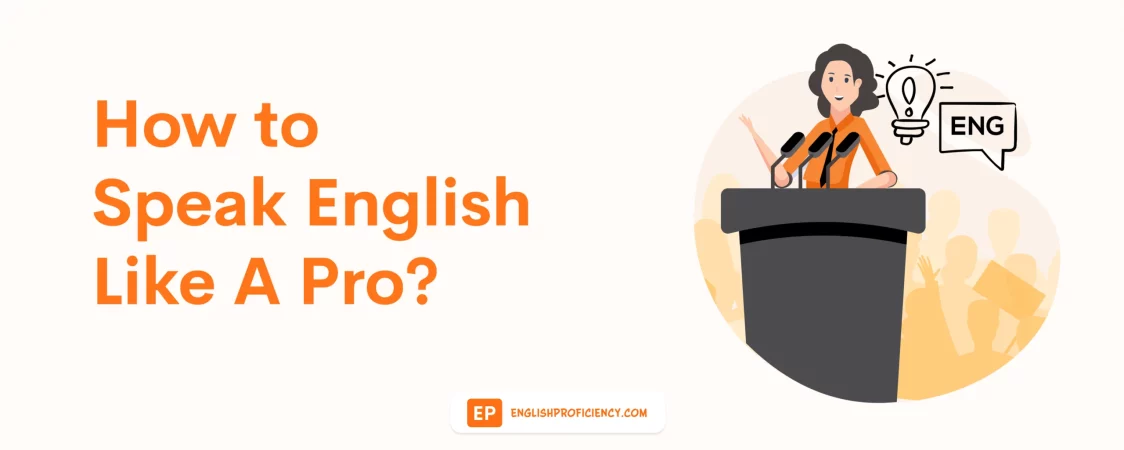The advent of Virtual Reality (VR) has significantly enhanced remote and distance learning programs, transforming how educational content is delivered and experienced. VR training bridges the gap between traditional and online education, providing immersive, interactive environments that replicate real-world scenarios.
Enhancing Engagement and Retention
One of the key benefits of VR in distance learning is its ability to increase student engagement. Traditional online courses often struggle to maintain students’ attention and interest. VR, however, creates immersive learning experiences that captivate students and encourage active participation. This engagement leads to better retention of information, as students are more likely to remember what they experience firsthand. Studies have shown that experiential learning in VR can significantly improve knowledge retention compared to traditional methods.
Practical Applications and Skills Development
VR training excels in delivering practical, hands-on experience, which is often lacking in conventional online learning. For instance, medical students can practice surgeries in a virtual operating room, gaining valuable skills without the risks associated with real-life practice. Similarly, engineering students can perform virtual experiments, allowing them to understand complex concepts through direct interaction. This capability to simulate real-life scenarios makes VR an invaluable tool for teaching practical skills remotely. This is something that PMC-VR – a specialist VR training development and delivery company – excels at with their bespoke VR training solutions. They have developed full blown open cast mine and a cement plant VR training simulations used to teach skills and behaviours in a safe environment. You can see them here
Overcoming Geographical and Socioeconomic Barriers
VR training can democratize education by making high-quality learning experiences accessible to students regardless of their location or socioeconomic status. Virtual field trips, for example, allow students to explore historical sites or scientific environments that would otherwise be inaccessible. This not only broadens their horizons but also ensures that all students have equal learning opportunities, irrespective of physical or financial limitations.
Enhancing Collaborative Learning
Collaboration is a crucial aspect of learning, and VR can facilitate this even in a remote setting. Through VR, students can meet in virtual classrooms, participate in group projects, and engage in discussions as if they were in the same physical space. This virtual interaction helps develop soft skills such as teamwork, communication, and problem-solving. For instance, business students can simulate client interactions, and medical students can work on virtual patients together, fostering a collaborative learning environment. Additionally, VR enables students from diverse geographical locations to collaborate seamlessly, enriching their educational experience with varied perspectives. The immersive nature of VR also helps to break down social barriers, encouraging more inclusive and dynamic participation in group activities.
Real-Time Feedback and Assessment
VR technology allows for real-time feedback and assessment, which is critical for effective learning. In a virtual environment, instructors can monitor students’ actions and provide immediate feedback, helping them correct mistakes and improve their skills promptly. This capability is particularly beneficial in fields that require precise execution, such as surgery or mechanical engineering. The ability to track progress and performance metrics in real-time enhances the overall learning experience.
Addressing Challenges and Future Potential
While VR offers numerous benefits, there are challenges to its widespread adoption, such as the cost of equipment and the need for technical support (see here for barriers to VR training adoption and how to overcome them). However, the continuous advancement in VR technology is making it more accessible and affordable. The integration of artificial intelligence (AI) with VR can further personalize learning experiences, adapting to individual student needs and improving outcomes.
As VR technology evolves, its role in education will only expand, offering more sophisticated and diverse learning opportunities. Companies like PMC-VR are pioneering in this space, developing tailored VR training programs that enhance educational outcomes. Their innovative solutions demonstrate the practical benefits of VR training.














